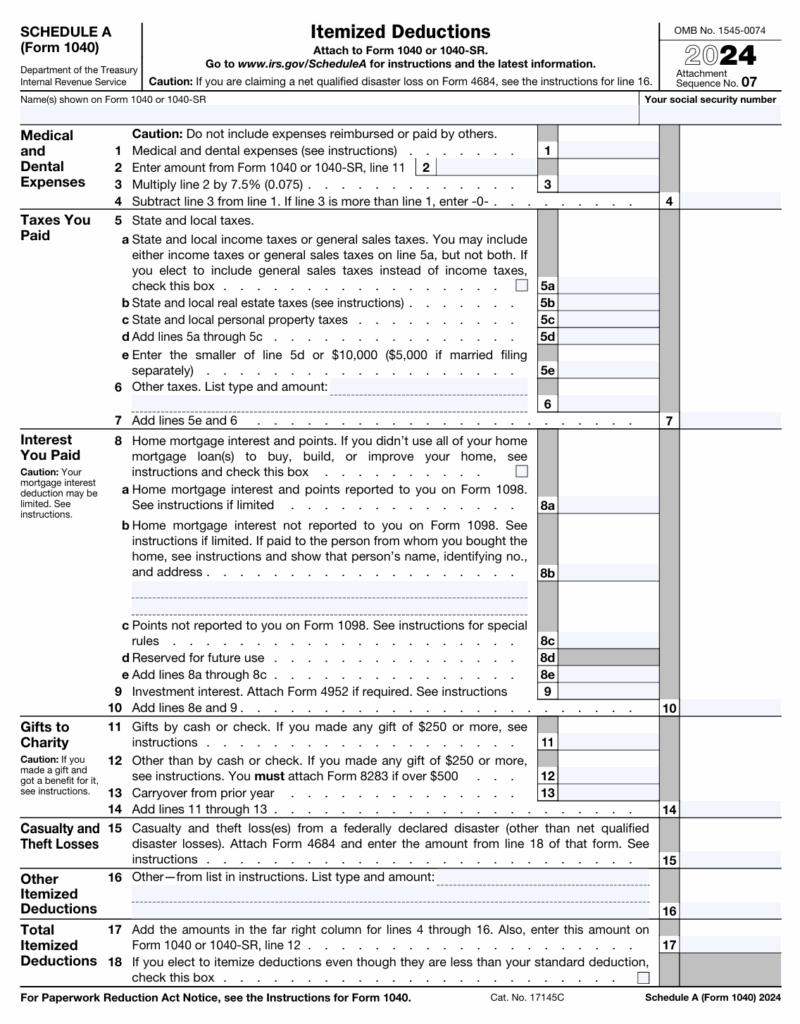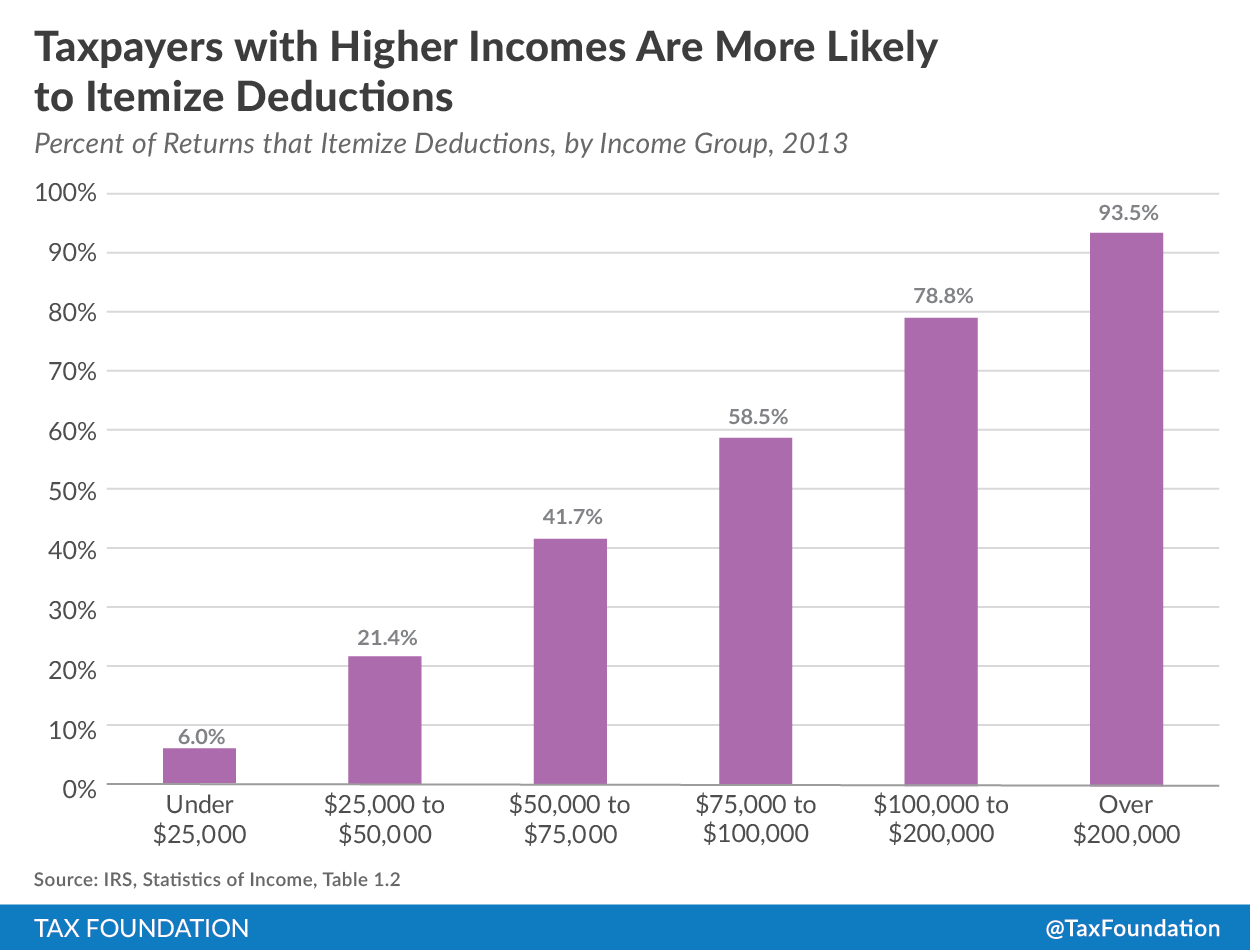Everyday examples of how the FEIE Standard Deduction influences taxable income
Wiki Article
All Concerning the Foreign Earned Revenue Exemption: Optimizing Your Standard Reduction Conveniences
The Foreign Earned Revenue Exclusion (FEIE) offers a useful possibility for united state residents living abroad to decrease their tax liabilities. Understanding the qualification standards is vital for those seeking to take advantage of this exclusion. Claiming the typical reduction can boost overall tax obligation benefits. Handling this procedure entails careful focus to information and an understanding of common mistakes. Exploring these elements can offer quality and take full advantage of prospective tax obligation benefits.Comprehending the Foreign Earned Income Exemption (FEIE)
The International Earned Revenue Exemption (FEIE) allows U.S. residents and resident aliens functioning abroad to omit a section of their foreign profits from federal income tax obligation. This arrangement acts as a financial alleviation system, making it possible for expatriates to maintain a larger share of their income made in foreign countries. By lowering gross income, the FEIE assists alleviate the burden of double taxation, as people might also undergo tax obligations in their host countries. The exemption applies just to made income, which includes salaries, salaries, and professional costs, while passive revenue and financial investment gains do not certify. To profit from the FEIE, people should submit certain types with the internal revenue service, outlining their foreign earnings and residency - FEIE Standard Deduction. Understanding the nuances of the FEIE can significantly influence monetary planning for U.S. citizens living overseas, making it vital for expatriates to stay educated regarding this beneficial tax obligation arrangementQualification Criteria for the FEIE
To get the Foreign Earned Income Exemption (FEIE), individuals should meet particular eligibility requirements. This consists of enjoyable residency requirements, passing the physical presence test, and establishing a tax home in an international nation. Each of these elements plays a vital role in establishing whether one can take advantage of the exemption.Residency Needs
Fulfilling the residency requirements is essential for people looking for to get the Foreign Earned Revenue Exemption (FEIE) To be eligible, taxpayers have to develop a bona fide home in an international country or nations for an uninterrupted period that typically extends a whole tax obligation year. This requirement stresses the need of a much deeper link to the international place, moving beyond simple physical presence. Individuals have to show their intent to live in the international country and have established their living circumstance there. Elements such as the size of keep, kind of housing, and neighborhood neighborhood participation are taken into consideration in identifying residency. Fulfilling these criteria is crucial, as failing to do so may invalidate one from benefiting from the FEIE.Physical Visibility Test
Developing eligibility for the Foreign Earned Earnings Exclusion (FEIE) can also be attained via the Physical Existence Examination, which needs people to be physically present in an international country for at the very least 330 complete days during a consecutive 12-month duration. This test is beneficial for those that may not fulfill the residency demand but still reside abroad. The 330 days must be full days, suggesting that any type of day invested in the USA does not count toward this overall. It is essential for individuals to keep precise records of their travel dates and locations to sustain their insurance claims. Effectively passing this examination can significantly decrease taxed income and improve monetary end results for migrants.Tax Obligation Home Area
Tax home area plays an important duty in determining qualification for the Foreign Earned Income Exemption (FEIE) To certify, a specific must establish a tax obligation home in an international country, which suggests their key workplace is outside the USA. This stands out from a plain house; the individual need to conduct their work in the foreign nation while keeping a significant connection to it. The internal revenue service needs that the taxpayer can demonstrate the intent to remain in the international location for an extensive period. Additionally, preserving a home in the united state can make complex qualification, as it might recommend that the person's true tax obligation home is still in the United States. Comprehending this standard is vital for making the most of FEIE advantages.How to Declare the FEIE on Your Income Tax Return
Asserting the Foreign Earned Revenue Exemption (FEIE) on an income tax return requires careful focus to detail and adherence to certain internal revenue service guidelines. Taxpayers need to first verify eligibility by fulfilling Related Site either the bona fide residence examination or the physical existence test. As soon as qualification is confirmed, they must complete internal revenue service Type 2555, which details international made earnings and relevant info regarding their tax obligation home.It is necessary to report all foreign earnings precisely and preserve suitable paperwork to sustain cases. Taxpayers should additionally know the maximum exclusion restriction, which goes through annual adjustments by the internal revenue service. Filing Form 2555 alongside the annual income tax return permits taxpayers to exclude a portion of their international earnings from united state taxes. It is recommended to get in touch with a tax professional or Internal revenue service sources for updated details and support on the FEIE process, ensuring compliance and maximization of potential advantages.

The Criterion Reduction: What You Required to Know
Just how does the conventional deduction effect taxpayers' general monetary situation? The conventional deduction acts as a substantial tax obligation advantage, decreasing taxable income and potentially lowering tax liabilities. For the tax year 2023, the basic deduction is set at $13,850 for single filers and $27,700 for married pairs submitting jointly. This deduction simplifies the filing process, as taxpayers can choose it rather of making a list of deductions, which calls for in-depth record-keeping.
Taxpayers earning international income might still declare the typical reduction, taking advantage of decreased gross income also while making use of the Foreign Earned Revenue Exemption (FEIE) It is essential to note that the basic reduction can not be integrated with itemized deductions for the exact same tax year - FEIE Standard Deduction. As a result, understanding the standard reduction enables taxpayers to make informed choices regarding their tax obligation strategies, maximizing readily available benefits while ensuring conformity with IRS regulations
Methods for Optimizing Your Reductions
Making the most of deductions under the Foreign Earned Income Exclusion calls for a clear understanding of made revenue restrictions and the advantages of claiming housing exclusions. Furthermore, utilizing Type 2555 properly can enhance the potential for considerable tax obligation more tips here financial savings. These techniques can substantially affect the general tax obligation liability for expatriates.Understand Made Earnings Limits
While several expatriates seek to reduce their tax problem, recognizing the made earnings limits is vital for successfully leveraging the Foreign Earned Revenue Exemption. The Internal Income Service (IRS) establishes specific thresholds that determine the optimum quantity of international earned earnings eligible for exclusion. For the tax year 2023, this limit is $120,000 per qualified individual. Exceeding this limit may result in taxation on the earnings above the limitation, decreasing the advantages of the exemption. To make best use of deductions, expatriates ought to maintain precise records of their international gained revenue and assess their qualification for the exclusion yearly. Strategic preparing around these restrictions can substantially improve tax financial savings, allowing expatriates to optimize their financial scenario while living abroad.Claiming Real Estate Exemption Advantages
Many migrants ignore the potential advantages of claiming the Housing Exemption, which can greatly minimize their taxable income. This exclusion permits people living abroad to deduct particular real estate costs from their gross revenue, making it easier to fulfill financial commitments without incurring considerable tax responsibilities. To maximize this advantage, expatriates need to confirm they qualify based upon their home and employment scenarios. Additionally, comprehending eligible costs-- such as rent, utilities, and upkeep-- can improve the overall deduction. Maintaining extensive records of these expenses is necessary website link for substantiating insurance claims. By tactically maneuvering through the Real estate Exemption, expatriates can significantly lower their tax obligation concern and retain even more of their profits while living overseas, eventually boosting their monetary health.Use Form 2555 Effectively
Using Form 2555 successfully can significantly enhance the economic benefits available to migrants, specifically after taking advantage of the Housing Exemption. This type allows individuals to claim the Foreign Earned Income Exclusion, which can significantly reduce taxable earnings. To optimize reductions, expatriates should confirm they satisfy the qualifications, consisting of the physical presence examination or the bona fide residence test. It is necessary to properly report all international earned revenue and to maintain complete documents of qualification. Furthermore, using the Real estate Exclusion in tandem with Kind 2555 can additionally lower total tax liability. By recognizing the intricacies of these kinds, migrants can enhance their tax scenario and retain even more of their hard-earned earnings while living abroad.Common Risks to Stay Clear Of When Declaring Your Taxes Abroad

Frequently Asked Inquiries
Can I Declare Both FEIE and the Foreign Tax Credit Scores?
Yes, a person can declare both the Foreign Earned Revenue Exclusion (FEIE) and the Foreign Tax Obligation Credit Scores (FTC) They need to assure that the exact same revenue is not utilized for both advantages to prevent dual benefits.What Takes place if I Exceed the FEIE Earnings Limitation?
Exceeding the Foreign Earned Revenue Exemption (FEIE) earnings limit results in the ineligibility for the exclusion on the excess quantity. This could result in gross income in the USA, requiring ideal tax obligation filings.Exist Any Type Of State Tax Implications for FEIE?
State tax ramifications for the Foreign Earned Income Exemption (FEIE) differ by state. Some states might tax international earnings while others comply with government exclusions, making it crucial for individuals to consult state-specific tax laws for clarity.
Just How Does FEIE Influence My Social Security Perks?
The Foreign Earned Earnings Exclusion (FEIE) does not directly impact Social Safety advantages. Nevertheless, earnings omitted under FEIE may influence the computation of ordinary indexed monthly revenues, potentially affecting future advantages.Can I Withdraw My FEIE Election After Claiming It?
Yes, an individual can withdraw their International Earned Income Exemption (FEIE) political election after claiming it. This revocation should be carried out in composing and submitted to the IRS, adhering to specific standards and due dates.Understanding the Foreign Earned Income Exclusion (FEIE)
The Foreign Earned International Exclusion EarningsExemption) allows U.S. permits and people aliens working abroad functioning exclude a leave out of their foreign earnings international incomes income governmentEarnings Taxpayers gaining foreign revenue might still claim the basic reduction, benefiting from minimized taxed revenue also while using the Foreign Earned Revenue Exclusion (FEIE) Maximizing reductions under the Foreign Earned Income Exclusion calls for a clear understanding of gained income limits and the benefits of asserting real estate exemptions. While lots of migrants look for to decrease their tax obligation concern, understanding the gained earnings restrictions is important for successfully leveraging the Foreign Earned Earnings Exclusion. Exceeding the Foreign Earned Earnings Exemption (FEIE) earnings limit results in the ineligibility for the exclusion on the excess quantity.
Report this wiki page